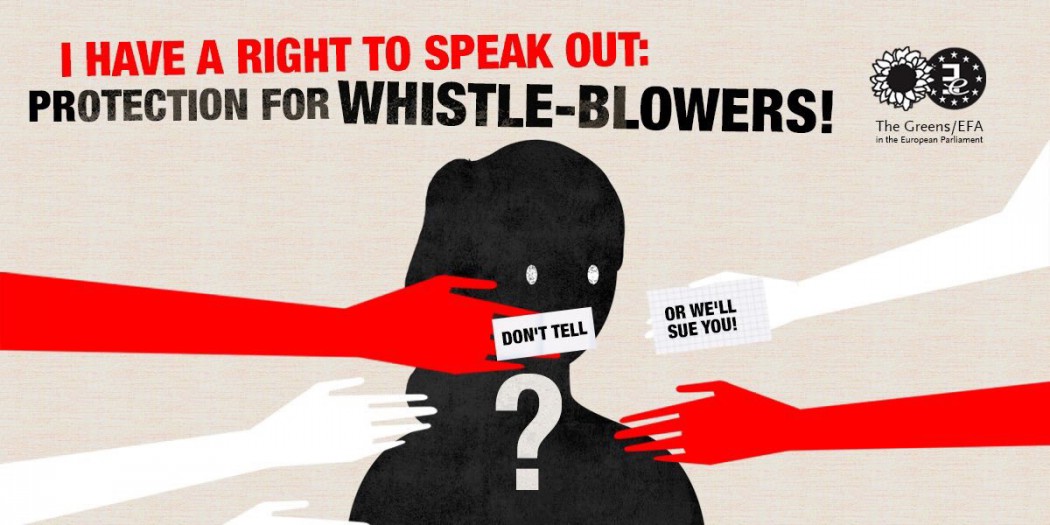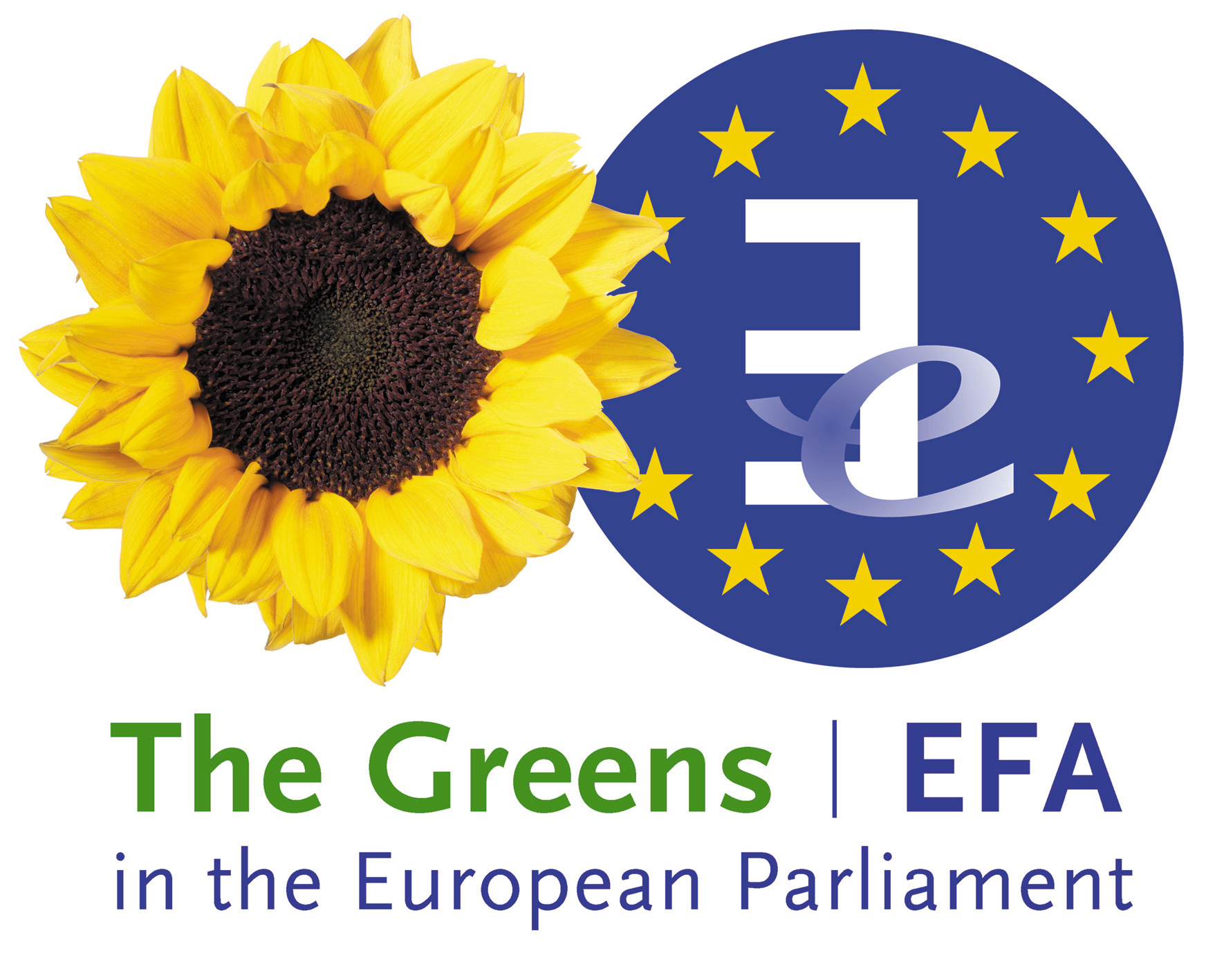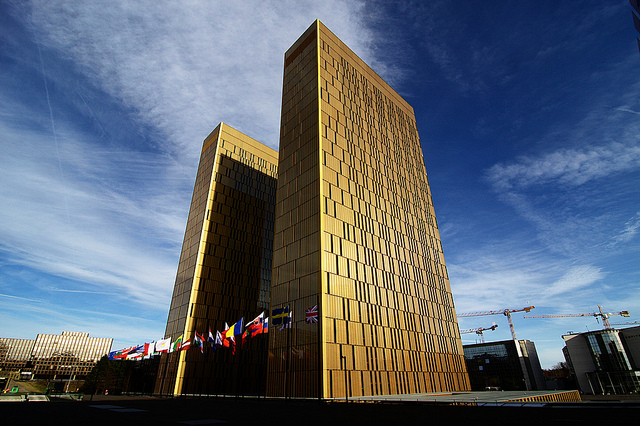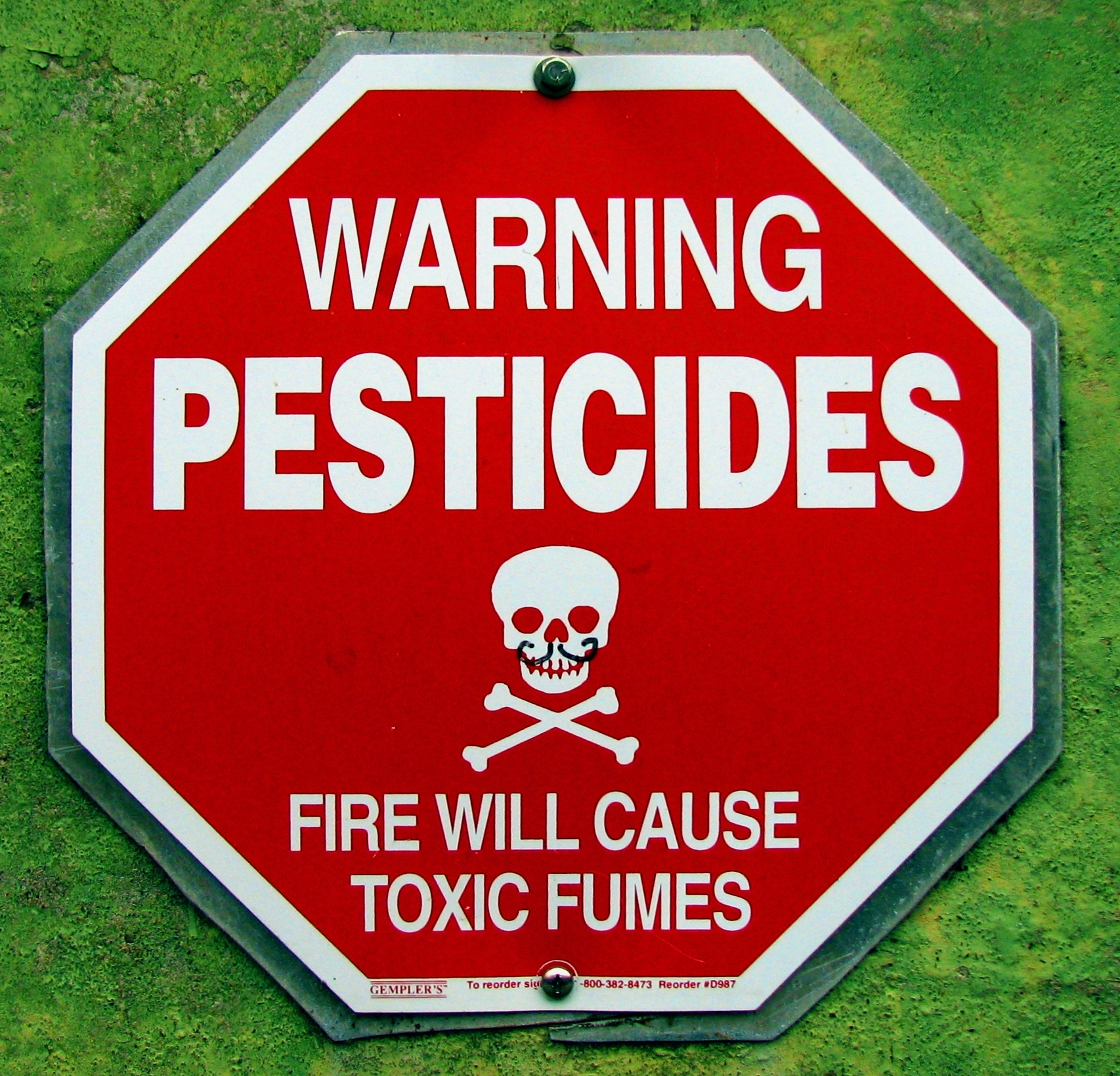The proposed EU Whistleblower Protection Directive is supposed to have the last trilogue negotiation, between the European Commission, Council and Parliament on the 4th of March. However, progress on the file is currently being blocked by Austria, France, Germany, Italy and the Netherlands, which threatens to derail the entire process.
Benedek Jávor, Greens/EFA spokesperson on transparency and democracy, comments:
“It’s sad to see countries like the Netherlands, Austria and France claiming to support whistleblowers at home while blocking progress at the EU-level in Brussels. The Social Democrats appear Janus-faced on the Directive with their MEPs supporting external reporting for whistleblowers, but their Justice Minister in Germany, Katarina Barley, appears to be trying to undermine the purpose of the Directive by forcing potential whistleblowers to first report wrong-doing within their own organisation. This would mean individuals will feel less able to speak out against their own employers.
“Whistleblowers need to be able to come forward to the media and other external trusted actors, otherwise they will not feel safe or protected. It’s time for all the countries blocking whistleblower protection to see that the winds have changed and that the freedom for individuals to expose corruption, wrong doing and illegality is essential to a healthy democracy.”








